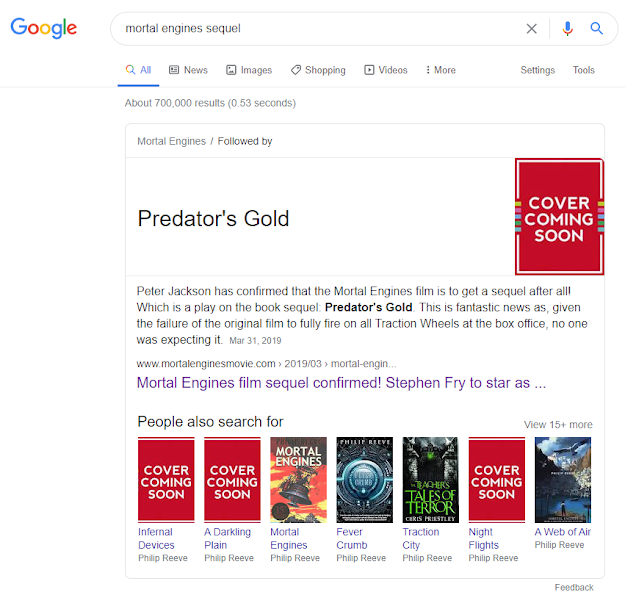The Orbital Defence Initiative (known as ODIN) is an orbital satellite weapon that was engaged during the life-ending Sixty Minute War that scorched Earth and turned into an apocalyptic land, desolate and dead, save for a few land masses.
The ODIN device is featured in the third and fourth books in Philip Reeve's Hungry Cities Quartet, Infernal Devices and A Darkling Plain.
ODIN was constructed during the arms race between the American Empire and Greater China.
It and the MEDUSA device are the only super weapons known to have survived until the final events of the series, although there are several references to other orbital superweapons in the books (for example the Diamond Bat, Jinju 14, and the Nine Sisters).
Have you ever played the video game Gears of War and used the Hammer of Dawn? The ODIN is exactly like that but is able to do vastly more damage. And in that sense Call of Duty also employed a system with the same name.
If you wanted to compare it to a real-world initiative, Ronald Regan's infamous Strategic Defense Initiative programme is your reference point. That programme was often derided and compared to as Star Wars though, so there's that.
ODIN is more powerful than the MEDUSA and is able to hit almost any target on the surface of the Earth. Reeve's novel implies that ODIN was an American satellite as the code for controlling the satellite was discovered on American submarine.
How does the ODIN weapon work?
ODIN is an energy weapon which converts the energy of a small nuclear weapon into a directed beam of incinerating energy (a weapon concept similar to the Strategic Defense Initiative's Project Excalibur).
This has the power to destroy entire cities (both traction and static) and can cause volcanic eruptions if targeted at the right spot.
Its beam can be seen from very long distances away.
Oddly, it seems to interfere with the mechanical minds of Stalkers. Only Shrike's Old-Tech Stalker brain has the mettle to withstand this, although he goes into a fit-like state and it is hinted he is saved by Dr Oenone Zero. Anna Fang is unaffected's Striker is also conveniently. All other Stalkers whoever lose their power when it is engaged.
How did the codes for ODIN come from a submarine?
The 'Tin Book' is a codebook for controlling ODIN. It was originally found and copied from a US Military document recovered by the refugees of the original Anchorage from a submarine,
In terms of the book's plot, it is stolen by the Lost Boys and, later, Brighton. It then falls into the hands of the Stalker Fang, who memorises its contents and then leaves it to be destroyed on Cloud 9.
If you want the rest of what happens with the weapon, read the books!
Is the ODIN satellite system self aware?
If you've seen the odd Terminator movie you could be forgiven for wondering about some loose parallels between the Skynet computer system that overtook the world in Terminator and the ODIN device.
This is because ODIN appears to indicate signs of intelligence.
When it is rebooted, it queries its new position and briefly searches for its old masters, and notes the vast difference in geography since its last awakening.
It can also zoom onto an individual's face on the Earth although the picture is grainy.
It can change its orbit when directed to target all over the globe.
This, as well as the Stalker minds found among old-tech (and Shrike) seems to suggest that robots had, by the time of the Sixty Minute War, achieved sentience.
However, I reckon you could make an argument that some of those tricks are merely a computer system following programming commands and boot up procedures.



















